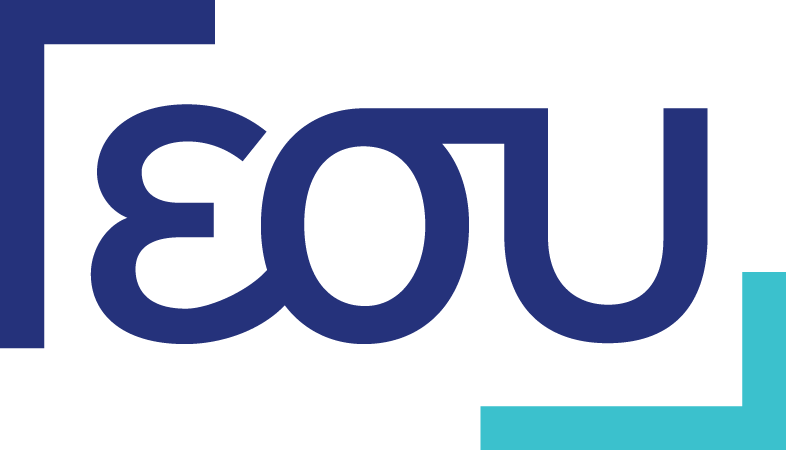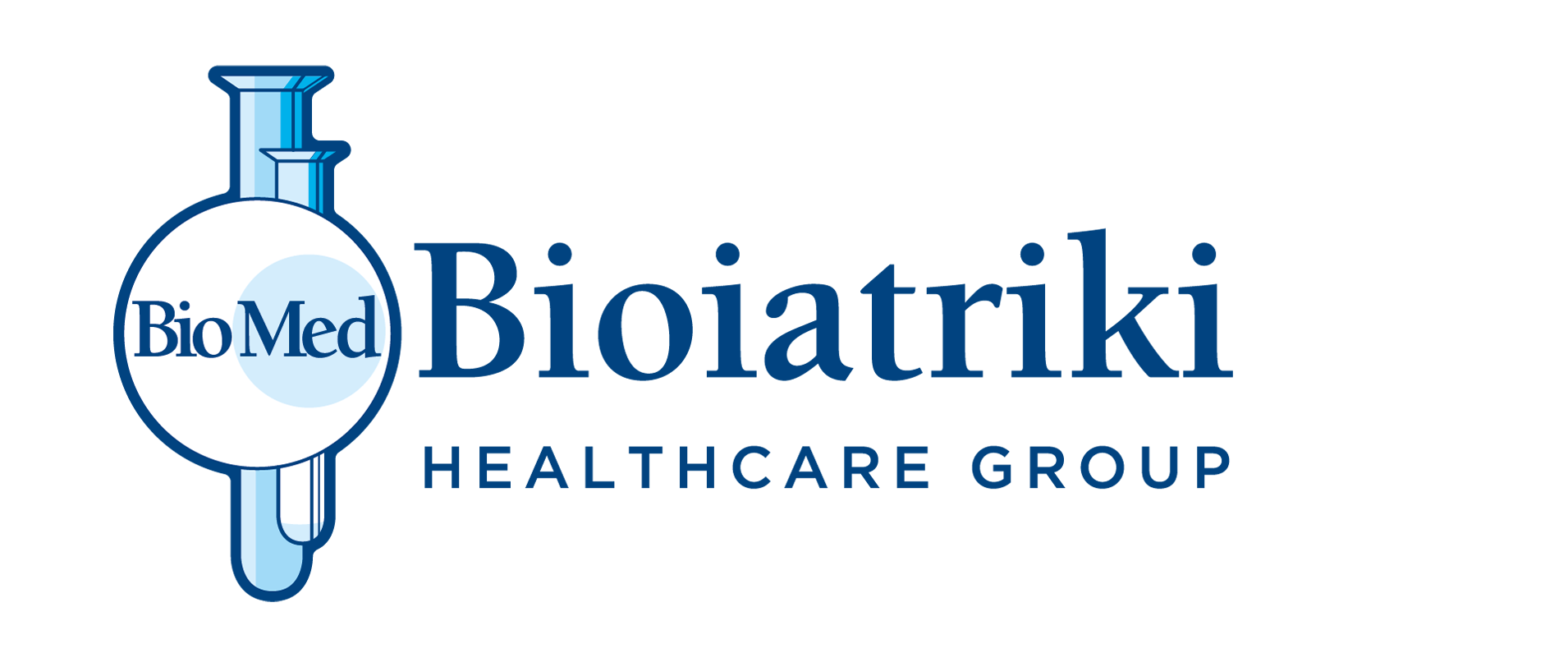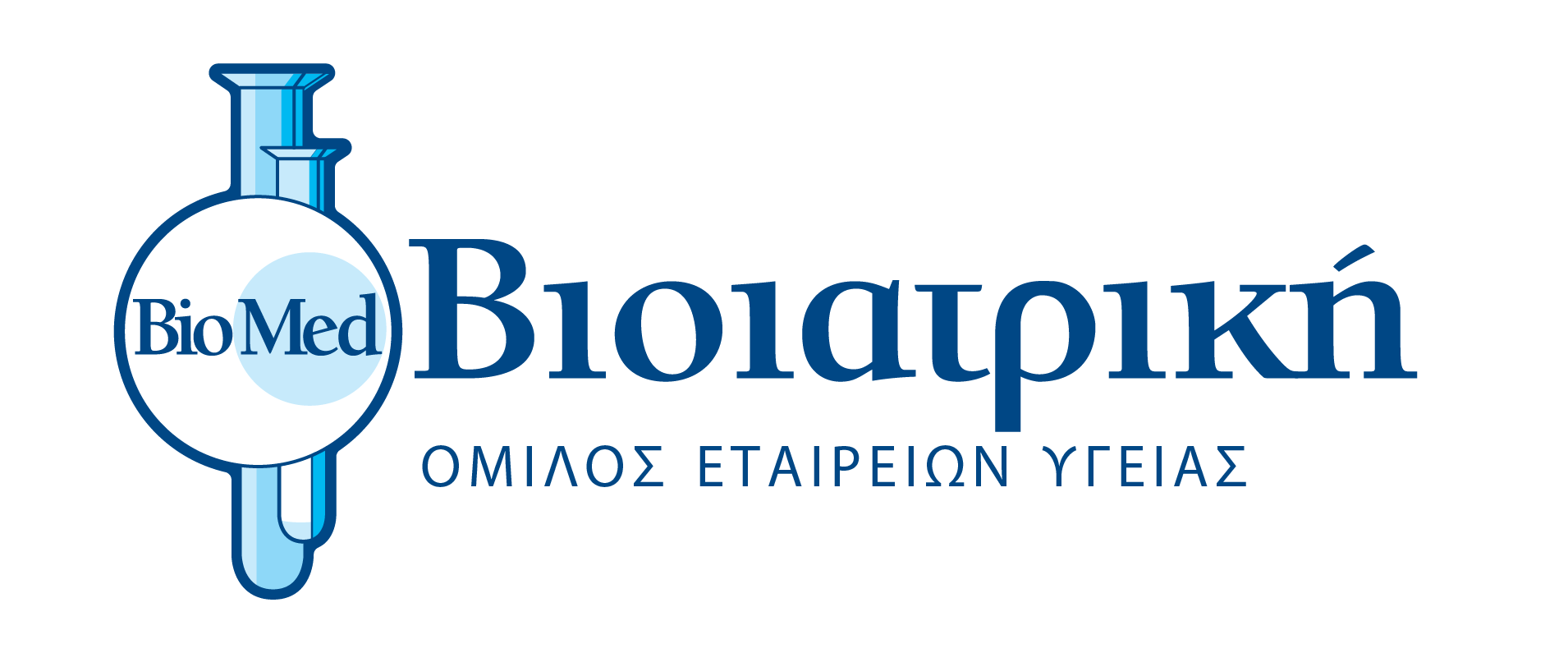
* by Anna Giasoumi
Last January, the European Commission launched the European Cancer Imaging Initiative, which aims to harness modern technologies to achieve more accurate and faster clinical decisions regarding the imaging, diagnosis, treatment, and care of cancer patients. Modern technology has already provided medical imaging with very powerful weapons, both in terms of prevention and diagnosis, and in therapeutic and post-treatment monitoring of cancer and other serious diseases.
Among other things, the Commission says that the promotion and use of scientific data and digital technologies such as Artificial Intelligence (AI) is a valuable tool that can bring huge benefits in the treatment of cancer. In recent decades, artificial intelligence has gained important applications in medical science, offering new possibilities at all levels. In the field of medical imaging, the rapid processing of large volumes of data with exceptional accuracy, combined with the comparative analysis capability offered by the new generation of medical equipment, greatly enhances the services offered to patients.
A typical example is the 3 Tesla MRI scanner with artificial intelligence, which, thanks to the increased power of its magnet, offers extremely detailed imaging and reduced examination time. At the same time, AI technology provides comparative diagnostic capabilities through connection to international databases, for better analysis of tests and support of the treatment plan. There are very few 3T MRI scanners with artificial intelligence in Europe, one of which is located at the BIOIATRIKI Healthcare Group’s Polydynamo Diagnostic Center in Nicosia.
Another field of use of medical imaging in oncology is CT scanning, which is used to diagnose and monitor various types of cancer. CT scans often cause concern for patients due to exposure to ionizing radiation, so it is important that the dose of ionization is as low as possible. With a view to the optimal satisfaction of imaging needs and the least possible stress for patients, a new, modern 128-slice CT scanner has also been installed at our Polydynamo Center. The CT scanner has innovative features and utilizes the application of special algorithms of reconstruction with artificial intelligence, limiting the ionization dose to the minimum possible based on the type of examination and the biometric characteristics of the patient, maximizing both safety and quality of the examination.
Undoubtedly, state-of-the-art medical equipment, combined with qualified medical and paramedical staff, are an ally in medicine with significant benefits for patients, especially in the sensitive and challenging field of cancer. It is particularly important for diagnostic centers to invest in innovative equipment and experienced, trained staff to ensure the most reliable results with the least possible strain on patients. The European Initiative is said to aim to unlock the power of imaging and artificial intelligence for the benefit of cancer patients, clinicians and researchers and is expected to make a major contribution to imaging. However, the role of the state in establishing minimum criteria for the quality of examinations should be equally crucial, as it is a prerequisite for making scientifically sound decisions regarding the diagnosis and treatment of the patient.
*Administrative Director of ALPHA EVRESIS Diagnostic Center









